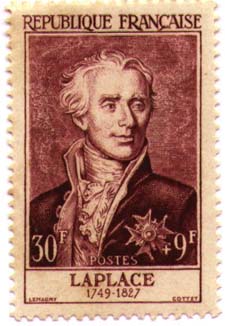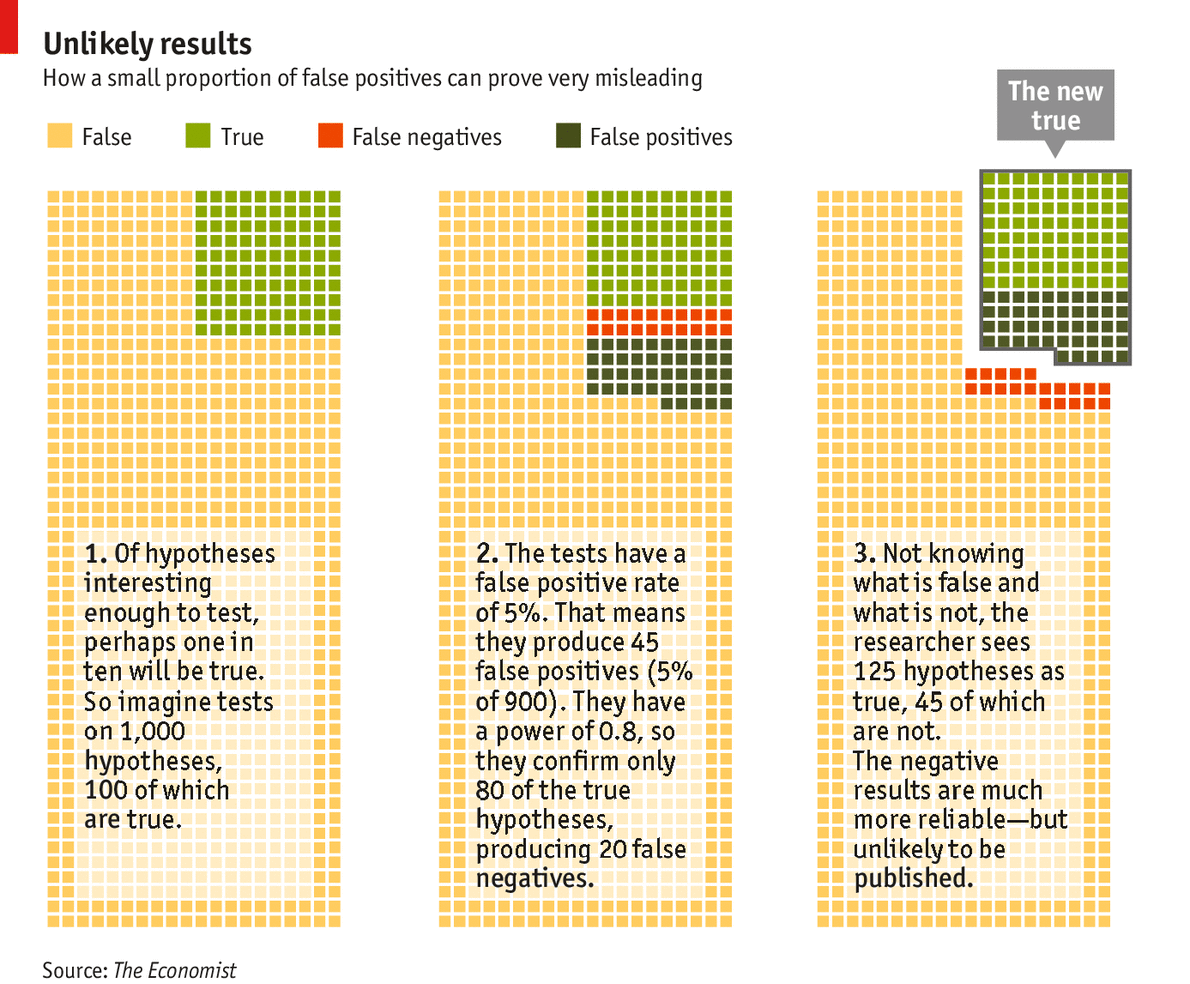- Revolution Analytics’ David Smith presents a 51 minute video webinar called “What Data Science can learn from small-data Statistics“
- R-fiddle.org is an early stage beta that provides you with a free and powerful environment to write, run and share R-code right inside your browser. You might want to read the following tutorial, by DataMind, before you start playing with it.
- An article on R and Bayesian Statistics discusses several popular R packages for Bayesian computations, including WinBUGS (Bayesian Inference Using Gibbs Sampling), JAGS (Just Another Gibbs Sampler) and Stan (named after Stanislaw Ulam of Monte Carlo fame), as well as some sample code and outputs.
- The Laplace Approximation is a useful way for approximating distributions and is frequently, but not exclusively, used to compute posterior distributions. Did you know that it can be carried out in a super easy way, in just four lines of code?
- And finally, for those Stata users, here are some quick ways to turn your Stata knowledge into R knowledge.
November, 2013
25
Nov 13
The week in stats (Nov. 25th edition)
18
Nov 13
The week in stats (Nov. 18th edition)
- Aurther Charpentier of Université de Rennes I (aka Freakonometrics) presents a technical post on Maximum Likelihood versus Goodness of Fit, and simulation studies with the Gamma and Lognormal distribution.
- Martin Johnsson wrote a series of five well-written tutorials called A slightly different introduction to R, with tips for beginner R users. Here are the links to parts I, II, III, IV and V.
- Three hunters fire simultaneously at a boar and exactly one bullet hits the animal. Given that they have accuracies 20%, 40% and 60%, what are the probabilities of each hunter hitting the boar?
- Last week, many helpful R articles attracted attention from readers. Two very useful articles that can help advanced R users to reduce their R computation times: Understanding how memory works in R, and Faster for() loops in R, and three on data visualizations: Visualizing neural networks in R, ggplot2: Cheatsheet for Scatterplots and Visualizing Structure in Topic Models.
- Andrew Gelman of Columbia University discusses why statistics is the least important part of data science
- And finally, a book review of Thinking, Fast and Slow by Daniel Kahneman (winner of the 2002 Nobel Prize in Economics), reviewed by Patrick Burns. You might also want to read my own thoughts on the dismal state of behavioral economics.
11
Nov 13
The week in stats (Nov. 11th edition)
- Tableau has become a star in the Business Intelligence/Analytics world for its data visualizations. Yet, you can get even more out of Tableau if you integrate it with R. If you also use SQL, here is a tutorial for you on SQL, R and text analysis.
- Bad breaks, then flatlines. Good holds steady.
- Andrew Gelman offers his thoughts on the term marginally significant, which is commonly used but often misleading.
- A list of finance data sources which can be accessed directly using R. This is a must for quants, financial analysts and traders.
- Professor Vivek H. Patil of Gonzaga University describes some R visualization techniques using base R, ggplot2, and rCharts.
- Christian Robert, of Universite Paris-Dauphine, aka Xi’an, discusses his views on an article from The Economist about statistical significance and why many published research papers are unreproducible.
4
Nov 13
The week in stats (Nov. 4th edition)
- The Beauty of Mathematics, visually explained in 101 seconds.
- The R package texreg allows you to combine the output tables of many different types of regressions into one big table, so that you can easily see which ones are more useful.
- A tutorial that compares the exact and normal approximations for 95% binomial confidence intervals, and why we should always use normal approximations for binomials with large trials.
- Statistics + Journalism = Data Journalism? If you are interested in this new hybrid field, check out the new MOOC course Doing Journalism with Data: First Steps, Skills and Tools offered by 5 leading experts including the Pulitzer Prize winner Steve Doig starting in 2014.
- And finally, some weekend readings on statistics and econometrics recommenced by Prof. Dave Giles of University of Victoria.




